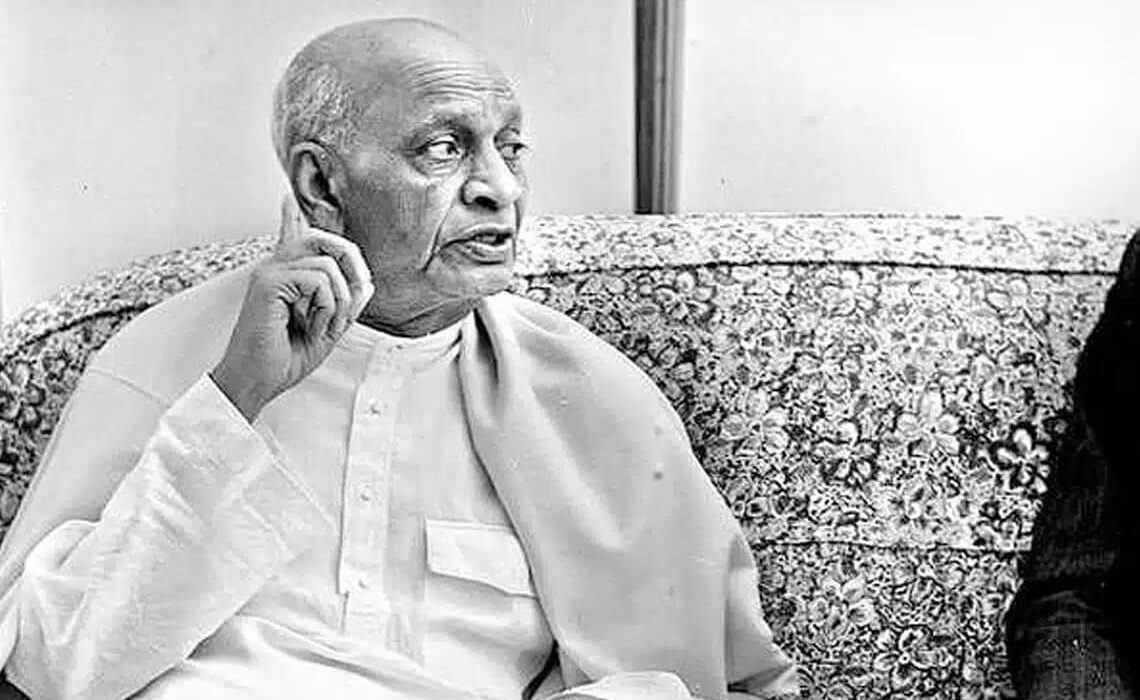Today, on October 31, India commemorates the birth anniversary of one of its most influential and revered leaders—Sardar Vallabhbhai Patel, famously known as the “Iron Man of India.” Born in 1875 in Nadiad, Gujarat, Sardar Patel was a freedom fighter, statesman, and India’s first Deputy Prime Minister and Home Minister, playing a crucial role in shaping the nation we know today.
Early Life and Career
Patel’s early life was shaped by a strong sense of discipline, dedication, and a fierce determination to bring about positive change. After completing his education in India, he pursued law in England. Upon returning, he established a successful law practice in Gujarat, where he gained respect for his skill and integrity. However, his life took a transformative turn when he joined Mahatma Gandhi’s call for non-violent resistance against British colonial rule.
Contribution to the Freedom Struggle
Sardar Patel’s contribution to India’s freedom movement was monumental. He was a key figure in several historic struggles, including the Kheda Satyagraha of 1918 and the Bardoli Satyagraha of 1928. These movements, centered around resisting unjust taxation and oppressive British policies, brought Patel to the forefront as a powerful leader and earned him the title “Sardar,” meaning “leader” in Hindi.
The Unifier of India
Sardar Patel’s most significant and enduring contribution was his role in unifying India post-independence. At the time of India’s independence in 1947, the country was fragmented into over 500 princely states. With incredible political acumen, diplomatic skill, and determination, Patel led the mammoth task of integrating these princely states, ensuring that the new nation was united under one flag and constitution. His efforts were instrumental in preventing division and instability, earning him the title “The Architect of Unified India.”
Legacy and Influence
Sardar Patel’s legacy is one of resilience, courage, and unwavering dedication to the nation. He believed in the power of unity, and his vision for India was of a strong, self-reliant, and unified country. Patel’s impact is remembered through various monuments, institutions, and policies that reflect his dedication to India’s integrity and sovereignty.
The Statue of Unity
In 2018, as a tribute to Sardar Patel, the Indian government unveiled the Statue of Unity in Gujarat. Standing at 182 meters, it is the world’s tallest statue and symbolizes his immense contribution to the nation. This towering structure serves as a reminder of Patel’s monumental role in India’s formation and his legacy as a national hero.
Conclusion
On this day, as we remember Sardar Vallabhbhai Patel, we pay tribute to his vision, strength, and sacrifice. His life and work continue to inspire generations of Indians to uphold the values of unity, integrity, and courage. Sardar Patel’s legacy lives on, not only in the history books but in the very spirit of India—a unified and diverse nation.

